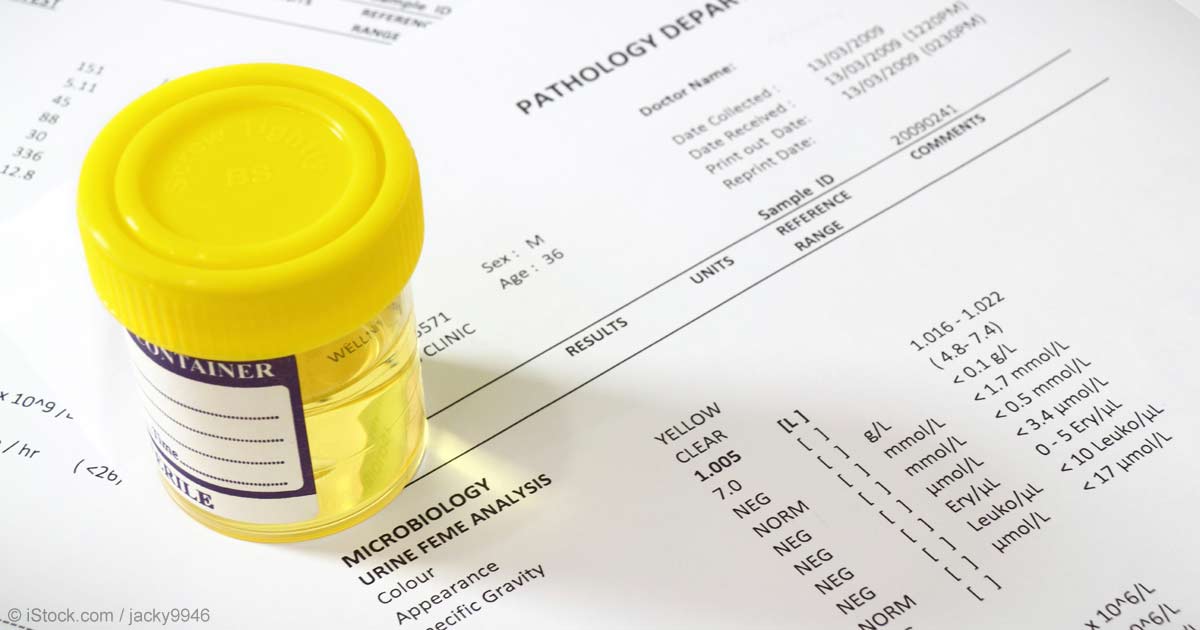Mitsubishi Gas Chemical Company (MGC), a chemical and life sciences technology firm, is partnering with Alerje, an emergency medicine and food allergy management company, to transform allergy diagnosis and treatment worldwide.
The alliance aims to create an all-inclusive, personalized allergy care strategy with better patient outcomes and quality of life.
Key elements of the partnership include a combined effort by the two companies to bring the latest allergy diagnostic platforms to the U.S. market and integrate food allergy technologies that aim to generate a holistic point of view for personalized allergy care.
The partnership coincides with MGC’s protracted plan, which targets the medical and food sectors.
“This partnership with MGC represents a significant milestone in our mission to improve the lives of millions affected by allergies,” Javier Evelyn, founder and chief executive officer of Alerje, said in a statement.
“With our powers combined, we’re poised to deliver unprecedented advancements in allergy diagnosis and management.”
The two companies assert that their work together combines better testing and innovative therapies, with a goal of changing how people live with food allergies.
“Together, we aim to set new standards in allergy care, leveraging our combined technologies and expertise to address unmet needs in both the U.S. and Japanese markets,” Yoshinori Isahaya, director, managing executive officer at MGC said in a statement.
THE LARGER TREND
Other institutions involved in food allergies include Harvard Medical School, which in 2017 constructed a point-of-use food-allergen detector that fits onto a keychain and can conduct tests in minutes. The device is designed to detect major antigens at sensitivities far below the regulatory limit.
In 2016, 6SensorLabs, a smartphone-enabled allergen-testing company, which rebranded under the name Nima, raised $9.2 million allowing the company to create a range of food-testing devices. Nima used the funds to market food sensors for peanut and milk products.
In 2023, Alerje received a Phase II grant award from the Small Business Innovation Research program of the National Science Foundation. The $1 million grant was used to increase the capacity of the company’s AI digital platform and to help broaden the manufacturing of its epinephrine auto-injector solution.


